Publications
Articles, publications, books, tools and multimedia features from the U.S. Institute of Peace provide the latest news, analysis, research findings, practitioner guides and reports, all related to the conflict zones and issues that are at the center of the Institute’s work to prevent and reduce violent conflict.
Question And Answer
Amid a Changing Global Order, NATO Looks East
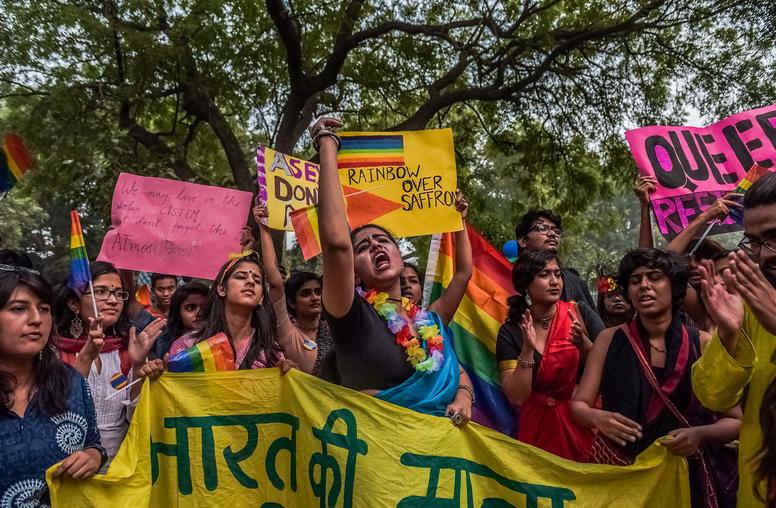
Why Gender and Sexual Minority Inclusion in Peacebuilding Matters
A society cannot be considered peaceful when certain groups within it experience targeted and ongoing forms of violence and discrimination. Despite this recognized importance of inclusivity, gender and sexual minorities (GSM) remain largely invisible in peacebuilding. Even in the international Women, Peace and Security (WPS) agenda, which has become a significant entry point for addressing gender dynamics in peacebuilding, GSM rights, protection and participation are also inadequately addressed. The absence of established norms for and approaches to GSM inclusion means that it is incumbent on peacebuilders to think more intentionally about why and how GSM can be included.
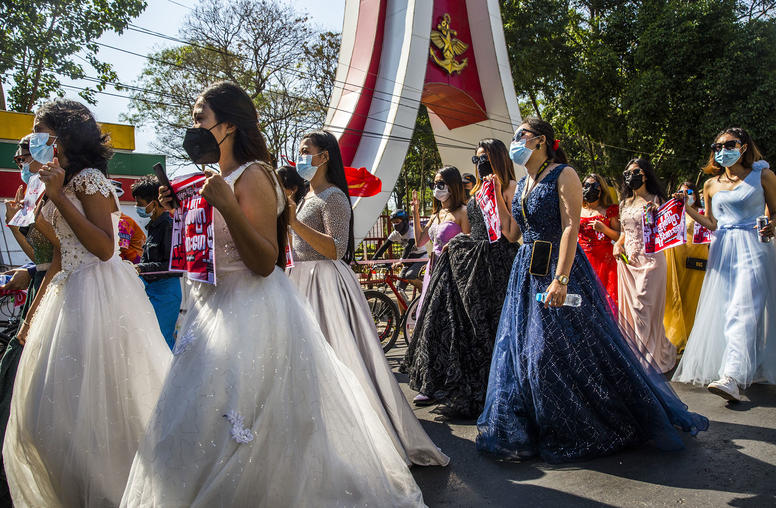
Myanmar’s Ongoing War Against Women
When the United Nations began its annual campaign to end violence against women 30 years ago, no one had Myanmar on their radar. But in recent years, Myanmar’s military has escalated its use of sexual and gender-based violence to terrorize women and girls — most infamously against ethnic minorities, notably the Rohingya. Confronted by these atrocities, the international community has issued widespread demands for accountability and justice that have yet to come to fruition.
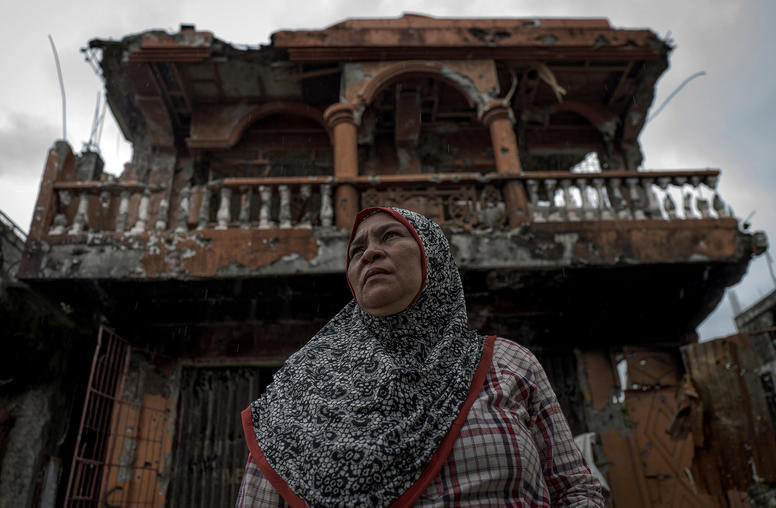
Examining Women’s Critical Role in Peacebuilding in the Southern Philippines
Peace is the new battle cry for the island of Mindanao. Situated in the southern Philippines, the region is among the poorest in the nation despite natural resources and promising agrarian assets. Mindanao is also prone to calamities, from clashes between the military and armed groups and violent clan feuds to seasonal natural disasters, that regularly displace entire communities. These unrelenting disruptions to our social, political and economic lives have impacted generations.
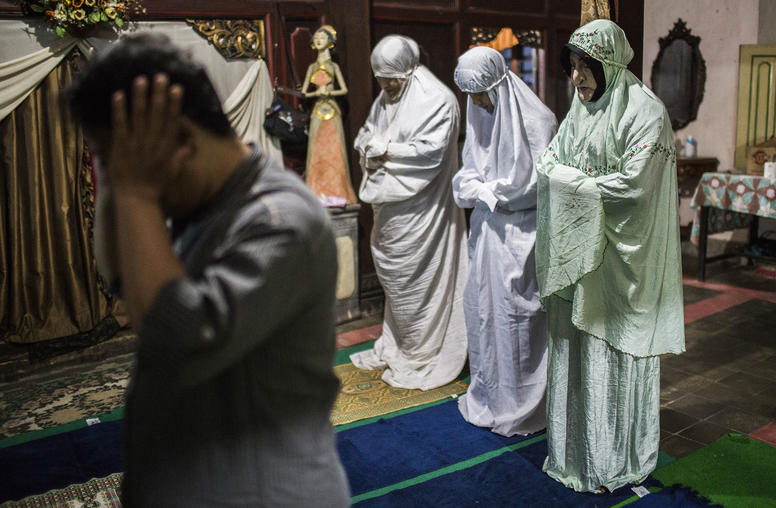
Exploring the Nexus of Religion and Gender and Sexual Minorities
Peacebuilders and practitioners have long recognized that knowledge of local contexts leads to more practical and effective programming. However, knowledge of unique gender and sexual identities, as well as cultural practices, has been mostly absent from the long list of cultural dynamics that are assessed when looking at local peacebuilding contexts — despite often holding deeply important symbolic, religious and political meanings.
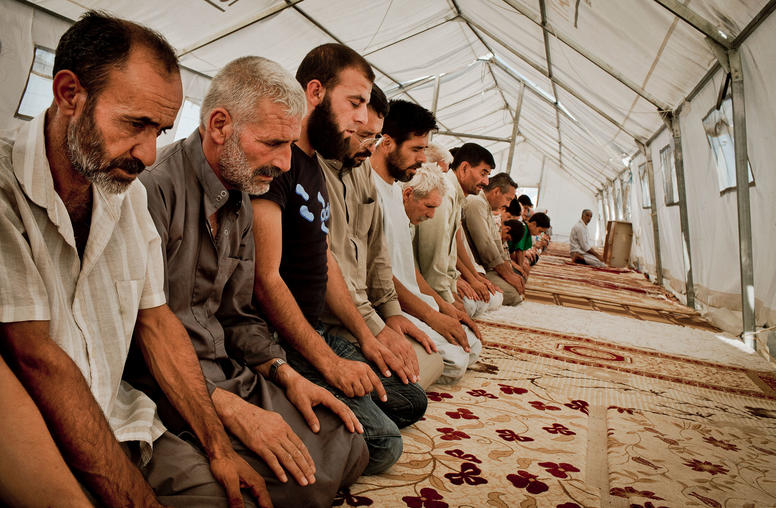
Peaceful Masculinities: Religion and Psychosocial Support Amid Forced Displacement
The number of people displaced globally due to conflict and violence nearly doubled between 2010 and 2020 from 41 million to 78.5 million, the highest number on record. Forced displacement, within and across national borders, exposes persons to stressful events and trauma, making psychosocial support a critical part of successful integration in new communities and societies. Those forcibly displaced include women and girls, men and boys, and gender and sexual minorities.
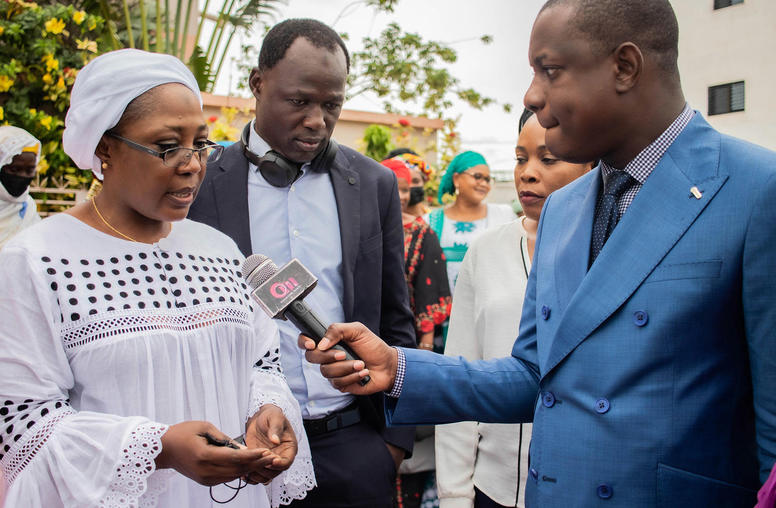
Protecting the Participation of Women Peacebuilders
Worsening violence against women is often a precursor to — and early outcome of — the rise in coups and authoritarianism that have made recent headlines. Not only does protecting women’s participation in public life and decision-making go hand-in-hand with democracy, but the former is actually a precondition for the latter. As we mark International Women’s Day in 2022, we would do well to remember that global efforts to prevent violent conflict and sustain peace are significantly undermined when women are deterred from access to participation and full leadership without fear of reprisals and violence.
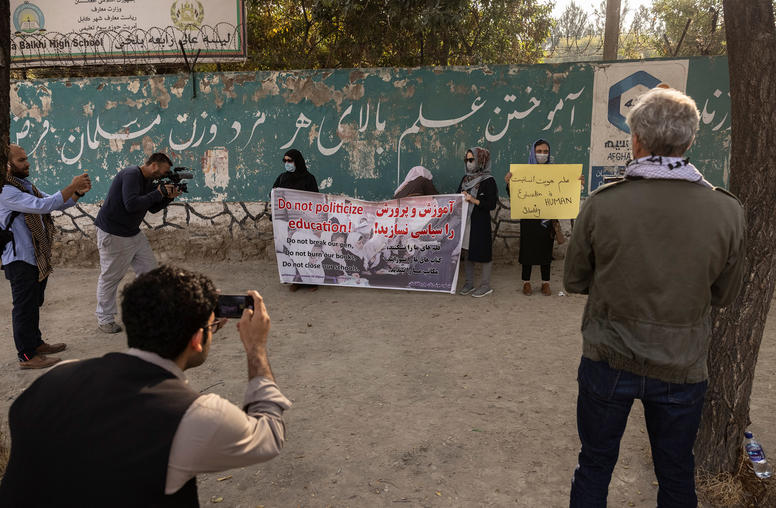
Taliban’s Ban on Girls’ Education in Afghanistan
On March 23, the first day of the school year in Afghanistan, eager female students arriving for class found closed gates and armed Taliban guards. Despite the de facto authorities’ assurances only days earlier that schools would reopen for girls above sixth grade, they had barred girls from further education.
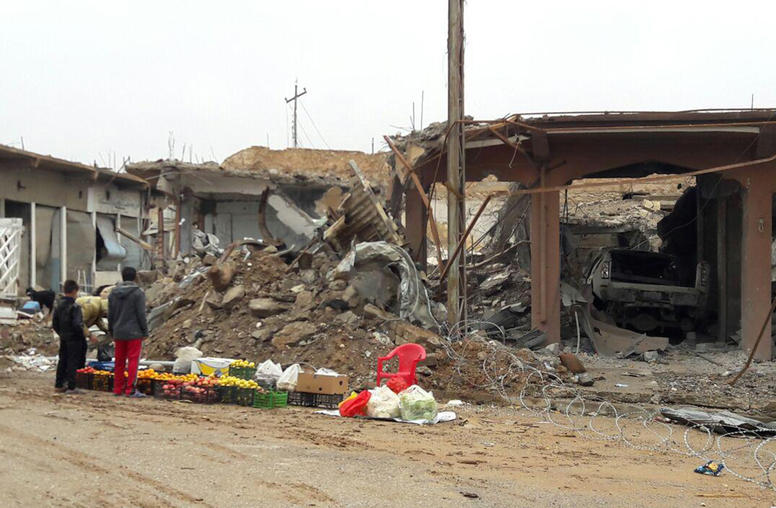
Amid Iraq’s Turmoil, Tal Afar Builds Peace
In a year of Iraqi turmoil, including protests that ousted a government and rivalry between Iran and Turkey, Iraqi tribal and community leaders are strengthening a new peace agreement in a locale that has seen some of the worst brutality of recent years—the northern city of Tal Afar. Civic, tribal and government leaders recently agreed to a pact that can open a path for more than 60,000 displaced residents to return home and rebuild following the war with ISIS. The accord also will help curb ISIS’ effort to revive. And in a startling change, it was negotiated in part by women.
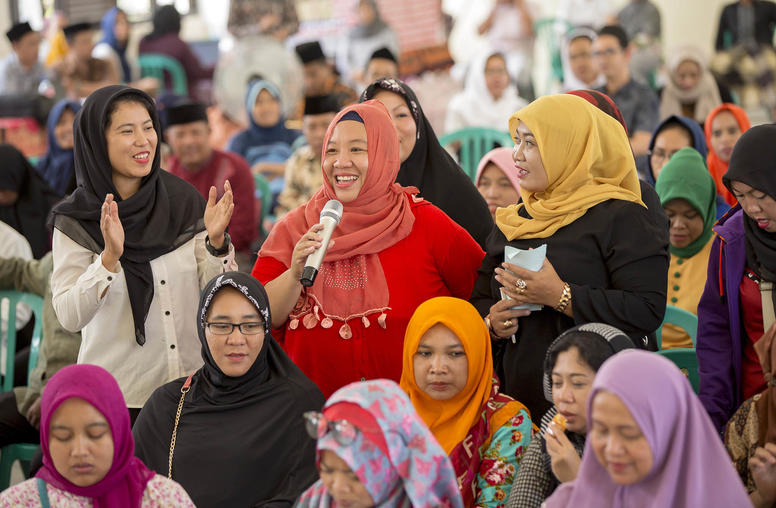
Women’s Inclusion in Peacebuilding Needs to Start Earlier and Go Further
More women are participating in peace processes, but institutions still need to make sure that women’s roles are meaningful rather than just symbolic — and that requires looking far beyond reserving seats at the table during peace negotiations.
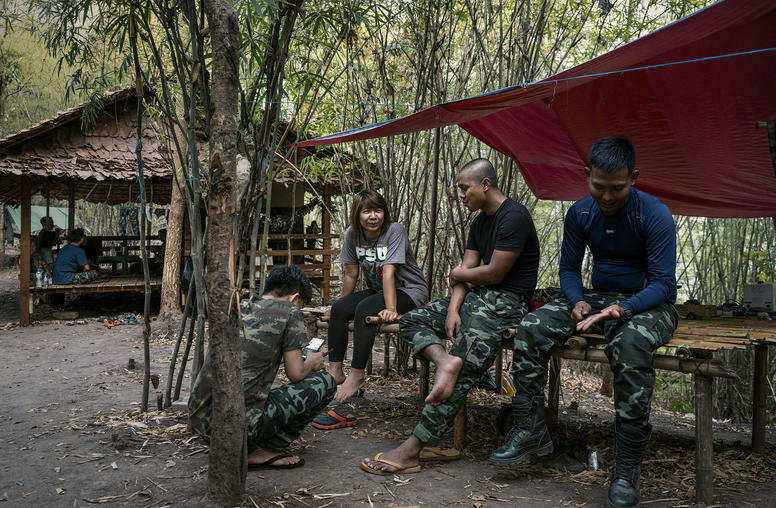
The Role of Women in Myanmar’s Evolving Security Institutions
Myanmar’s women have assumed an unprecedented leadership role in the pro-democracy resistance since the 2021 coup. From nonviolent protest movements to fighting in People’s Defense Forces (PDF) to the National Unity Government (NUG), women have been instrumental in the fight against the ruling junta’s brutality and oppression. But as Myanmar’s network of resistance groups slowly weakens the junta’s grip, resistance leaders are now faced with a daunting task: How do you re-establish security and stability in a country long plagued by civil conflict?